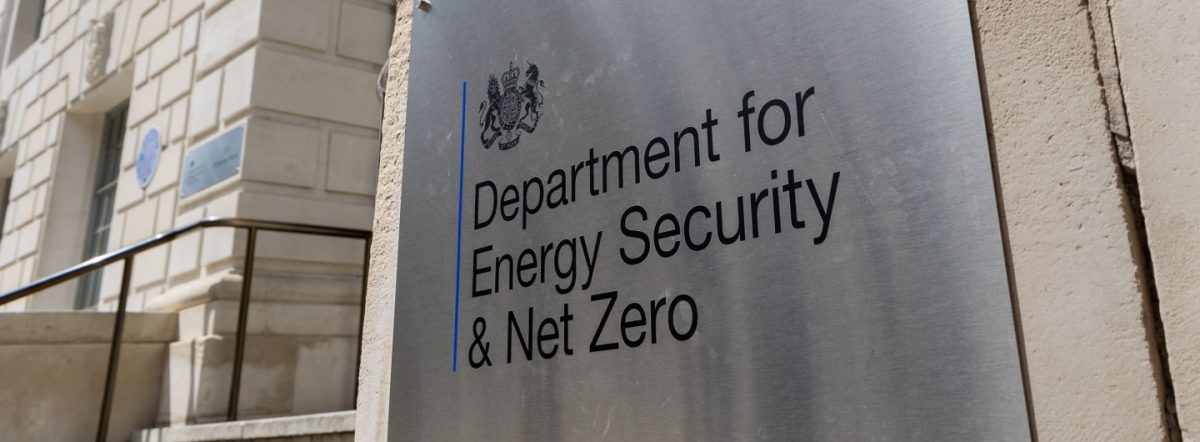The End Fuel Poverty Coalition has submitted its response to the government’s review of its fuel poverty strategy, calling for urgent and sweeping action to help the millions of people struggling to afford to heat their homes.
The Coalition warns that unless ministers take immediate steps, people will continue to suffer needlessly in cold and damp homes. At the heart of the new strategy long-term investment in improving home energy efficiency is needed, particularly for those most in need.
One of the group’s most pressing demands is for ministers to stick to their original manifesto pledge of £13.2 billion to fund a nationwide Warm Homes Plan. This plan would help insulate homes, install low-carbon heating systems, and make energy-saving upgrades more widely available.
Campaigners argue that current schemes are not working fast enough with only 59,000 people lifted out of technical fuel poverty last year.
The Coalition also urges ministers to adopt a fairer way of defining fuel poverty and move away from a measure that focuses largely on property energy efficiency and towards a new definition based on whether a household spends more than 10% of its income on energy.
As well as restoring support for disabled people, older households, and families with young children, campaigners have called for a permanent social energy tariff to be introduced. This would offer discounted energy unit rates for low-income households to help make bills more manageable.
The Coalition also criticises the current energy market for being unfair to those on prepayment meters or in all-electric homes, calling for fairer pricing, stronger consumer protections, and more transparency.
Finally, the response stresses the importance of accessible, community-led energy advice, calls on energy firms to improve customer service and support systems for vulnerable people and urges the government to empower local authorities and health services with funding to support fuel-poor households effectively.
A spokesperson for the End Fuel Poverty Coalition, commented:
“Fuel poverty is not just a financial issue, but a national health crisis that needs a bold, urgent response from all corners of government.
“Ministers must act now to invest fully in the £13.2 billion Warm Homes Plan to boost energy efficiency, reform the energy market and provide proper support to those who need it most.
“This includes expanding immediate financial help, including changes to the Warm Home Discount, more generous Cold Weather Payments paid in advance of severe weather, and the restoration of Winter Fuel Payments to a wider group of older and disabled people.
“With the right leadership and commitment, we can end fuel poverty once and for all.”
ENDS
The key recommendations set out in the End Fuel Poverty Coalition’s response to the fuel poverty strategy review include:
- Redefining official fuel poverty measures and recognising fuel poverty as a health issue: introduce a 10% measure while maintaining the 2030 target.
- Increasing government funding: commit to long-term investment in home energy efficiency and financial assistance programmes targeted at fuel poor households, including the Manifesto commitment of £13.2 billion for the Warm Homes Plan.
- Accelerating energy efficiency upgrades: scale up retrofitting programmes and ensure stronger links between fuel poverty and heat network policies.
- Enhancing targeted support: improve identification and assistance for the most vulnerable households, addressing the impact of benefit cuts.
- Reforming energy pricing and markets: implement fairer pricing structures, market reforms to bring down prices and stronger consumer protections.
- Empowering local authorities: provide councils with the resources needed to lead fuel poverty initiatives.
- Expanding energy advice services: ensure tailored guidance on low-carbon heating and energy efficiency is widely available.
The full response is available to read online: https://www.endfuelpoverty.org.uk/news/reports-and-correspondence/ [pdf]
Image credit: eyematter / Shutterstock.com

